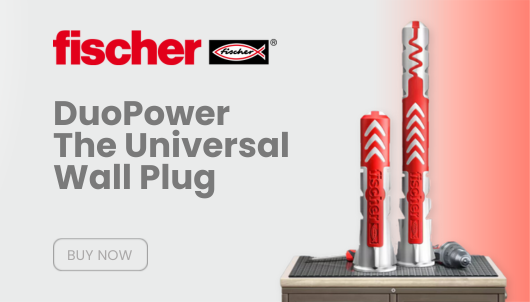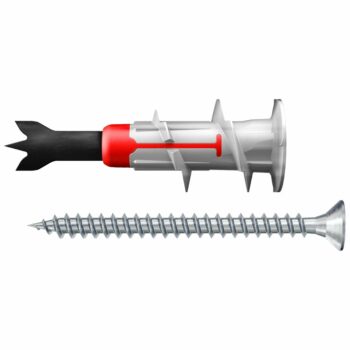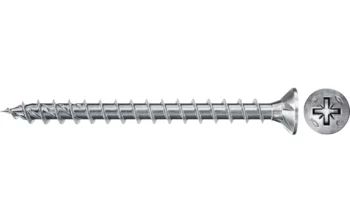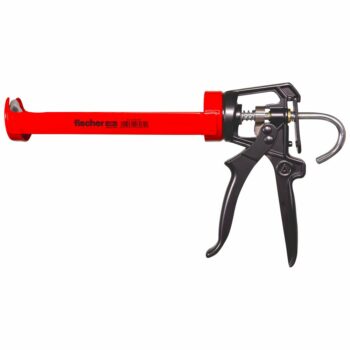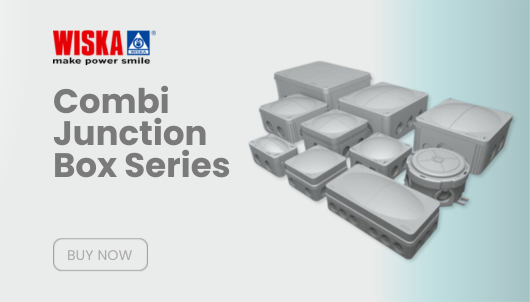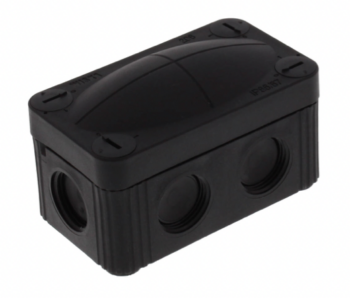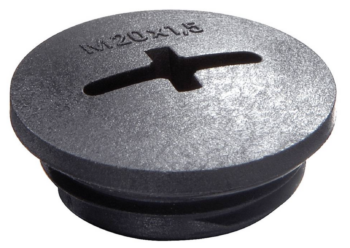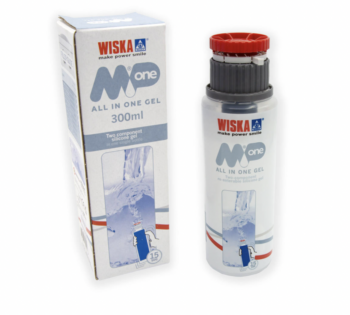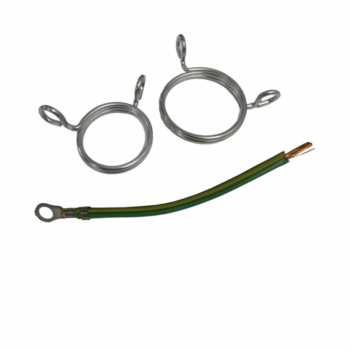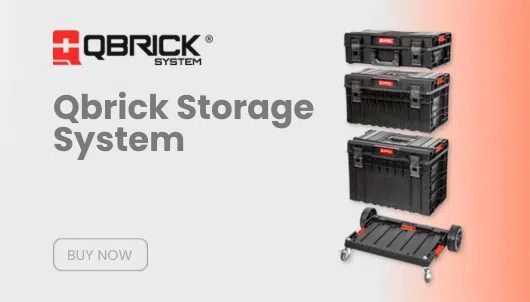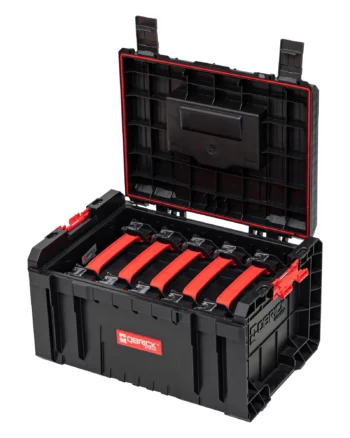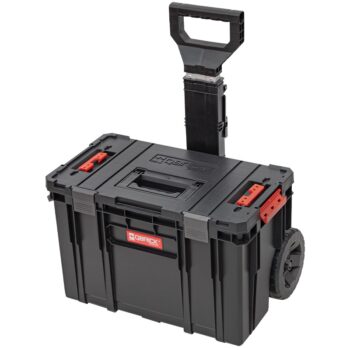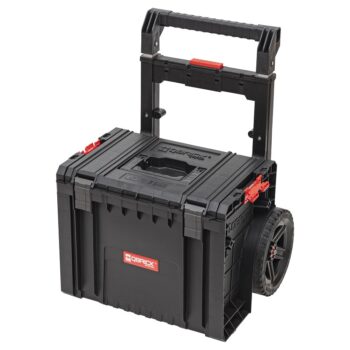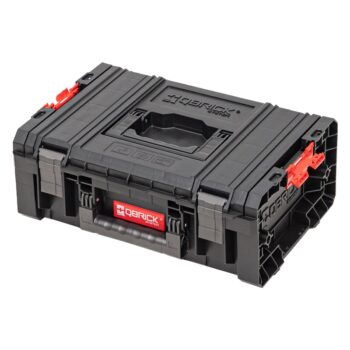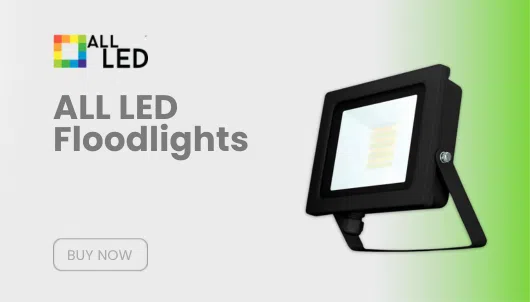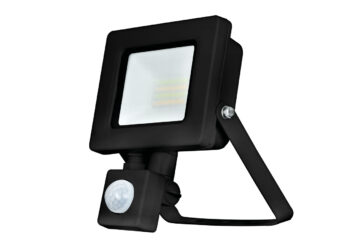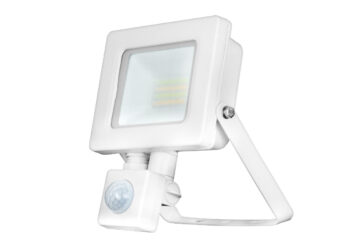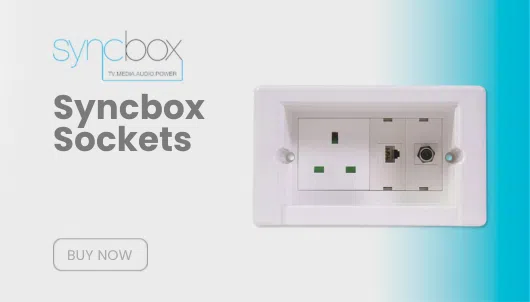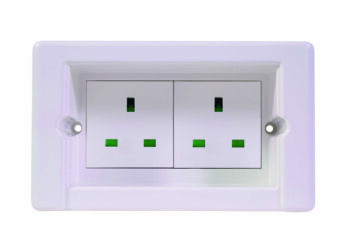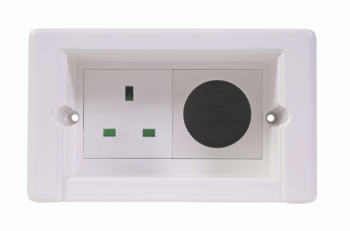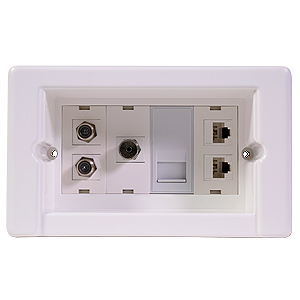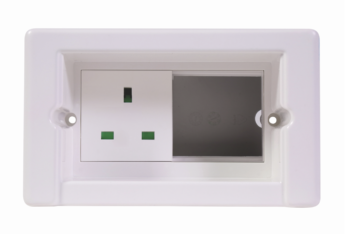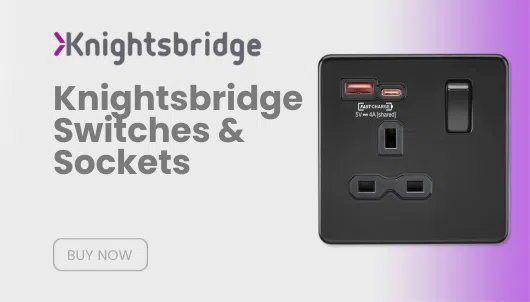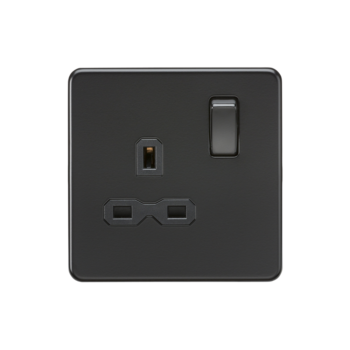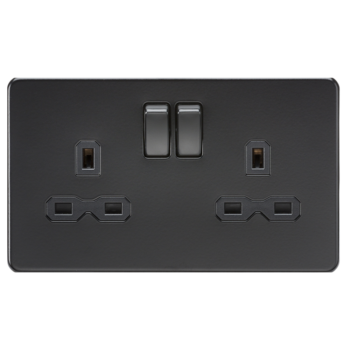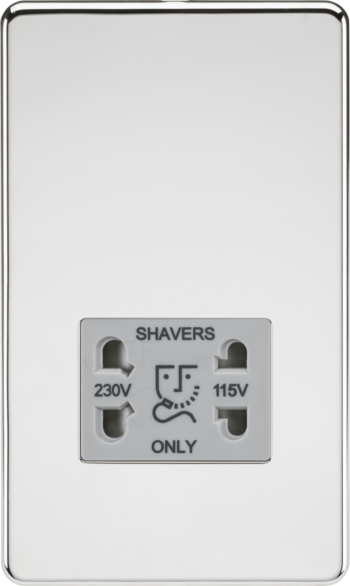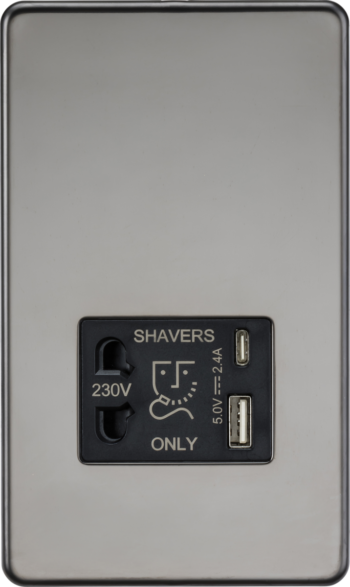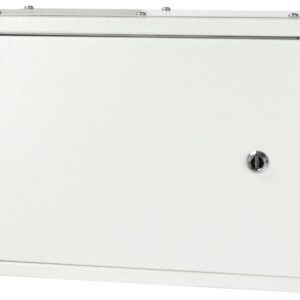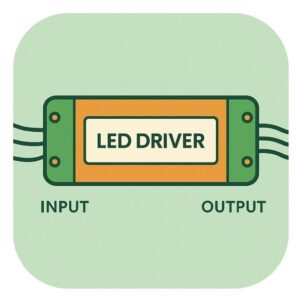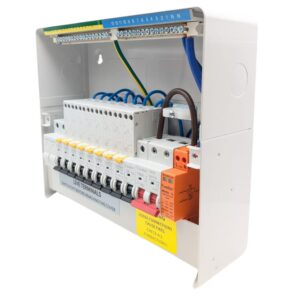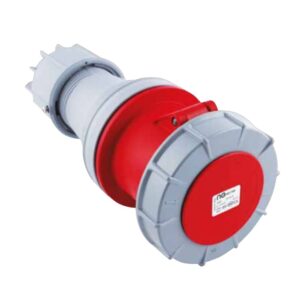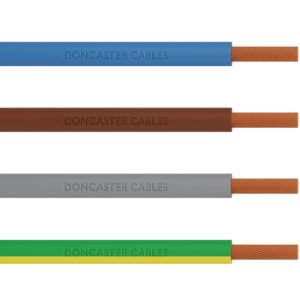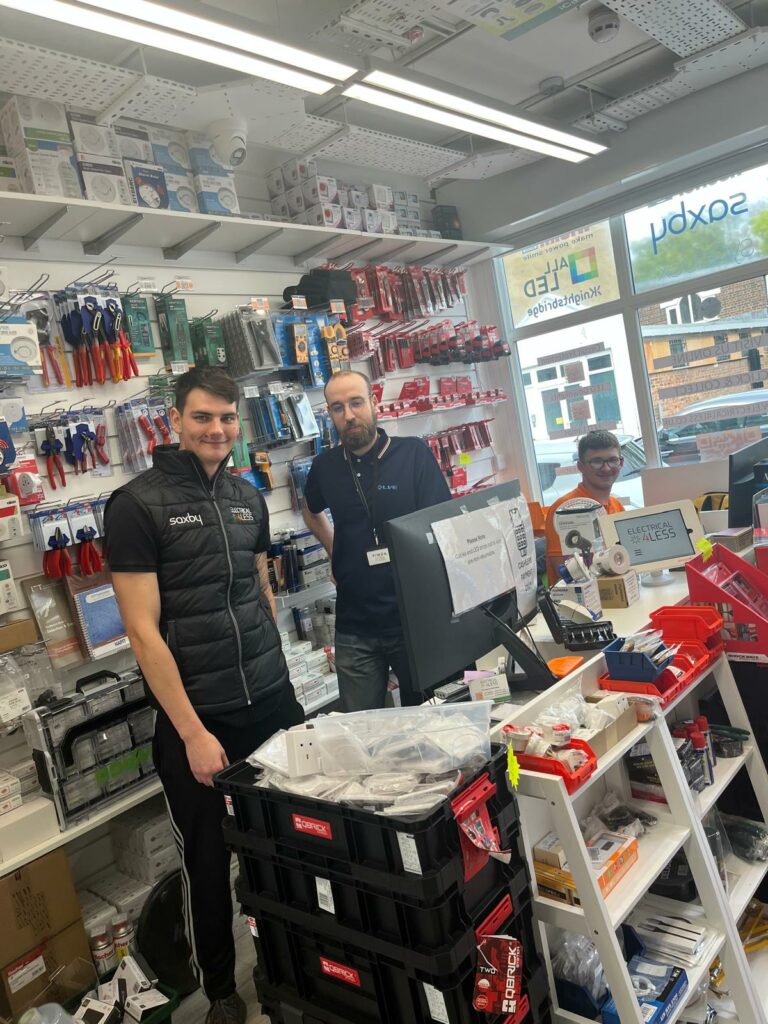Ultimate Protection for Your Hager Consumer Unit
In today’s fast-evolving electrical landscape, safeguarding against both electrical overloads and earth faults is essential. Enter the Hager RCBO—a sophisticated solution that combines the functions of an MCB (Miniature Circuit Breaker) and an RCD (Residual Current Device) into one highly efficient device. With a focus on safety, convenience, and cost-effectiveness, Hager RCBOs have become a top choice for modern electrical installations, especially in residential and commercial spaces.
This guide dives deep into what makes Hager RCBOs stand out. We’ll cover everything from their functionality and types to installation considerations, UK regulations, and more. If you’re a homeowner, electrician, or property manager, understanding the value and features of Hager RCBOs can help you make more informed choices about protecting your property.
Table of contents
- Ultimate Protection for Your Hager Consumer Unit
- What is a Hager RCBO?
- Why Hager RCBOs are Essential for Electrical Safety
- How Hager RCBOs Work
- Types of Hager RCBOs: Single-Pole, Double-Pole, and More
- Single-Phase vs. Three-Phase RCBOs
- Choosing the Right Hager RCBO for Your Consumer Unit
- UK Regulations and Compliance for RCBOs
- Installing Hager RCBOs in Your Consumer Unit
- Advantages of Using Hager RCBOs
- Conclusion
- Frequently Asked Questions (FAQ)
What is a Hager RCBO?
An RCBO (Residual Current Breaker with Overcurrent Protection) is a dual-function device that provides protection from both overcurrent and earth faults. Unlike traditional MCBs, which only prevent overloads and short circuits, RCBOs are designed to detect any leakage current, which can indicate a ground fault. By combining these functions, Hager RCBOs offer comprehensive safety in a single, convenient package.
The Hager Difference
Hager, a leading global brand in electrical distribution systems, is known for its quality, reliability, and innovation. Hager RCBOs are specifically engineered to provide top-tier protection in Hager Consumer Units, a common choice in the UK and beyond. With models suited for a variety of applications—from residential setups to heavy-duty commercial installations—Hager RCBOs ensure enhanced safety and simplified maintenance.

Why Hager RCBOs are Essential for Electrical Safety
An RCBO is a vital component for any electrical system, delivering comprehensive protection to keep you, your appliances, and your property safe from electrical hazards. Here’s why RCBOs are critical:
- Protection Against Overloads and Short Circuits: By detecting overcurrent, RCBOs prevent circuits from overheating and causing fires or damaging connected appliances.
- Earth Fault Detection: RCBOs detect any current that “leaks” to the ground. This protects against electric shocks that can occur due to damaged insulation or faulty wiring.
- Prevention of Electrical Fires: With dual protection, RCBOs reduce the risk of both overload-related fires and fires caused by earth faults.
- Enhanced Convenience: Unlike traditional systems that may require both an MCB and an RCD, an RCBO simplifies setup and reduces space requirements in your consumer unit.
How Hager RCBOs Work
Hager RCBOs combine the features of an MCB and an RCD into a single device. This allows them to perform two key protective functions:
- Overcurrent Protection: Like MCBs, Hager RCBOs monitor the level of current flowing through the circuit. When it exceeds a safe threshold, the RCBO trips, breaking the circuit and preventing damage.
- Earth Fault Detection: RCBOs measure the difference in current between the live and neutral wires. If there’s an imbalance, it means some current is leaking to earth. The RCBO will trip to prevent electric shock or fire hazards.
This dual functionality makes Hager RCBOs extremely versatile and useful in environments where safety is paramount.
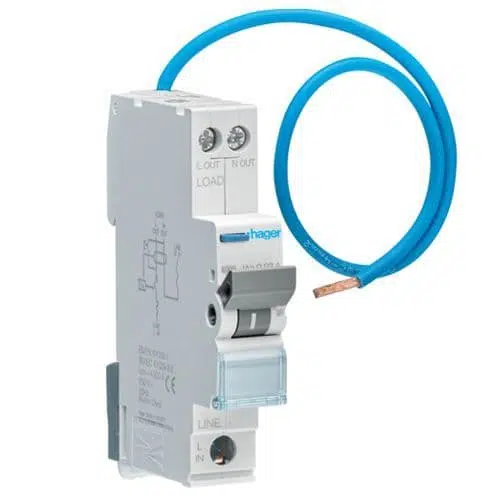
Types of Hager RCBOs: Single-Pole, Double-Pole, and More
Single-Pole RCBOs
Single-pole RCBOs are the most common type, used primarily in residential settings for individual circuit protection. They monitor and protect a single live wire and are typically installed in single-phase systems.
Double-Pole RCBOs
Double-pole RCBOs are designed for circuits that require enhanced protection, as they monitor both the live and neutral wires. This makes them a good fit for circuits that power high-load appliances or require a higher level of fault detection.
Choosing the Right Pole Count: The choice between single and double-pole RCBOs depends on the requirements of the circuit. Double-pole RCBOs provide additional monitoring and are often used in applications that require enhanced fault detection, such as kitchens or workshops.
Single-Phase vs. Three-Phase RCBOs
While most households use single-phase RCBOs due to lower power requirements, three-phase RCBOs are commonly found in commercial and industrial settings where power demands are higher. Here’s a breakdown of the differences:
- Single-Phase RCBOs: Typically used for residential applications and are compatible with the standard 230V supply.
- Three-Phase RCBOs: Essential for industrial or commercial environments, they protect systems running on 400V, where multiple circuits or heavy machinery operate.
Choosing between single and three-phase RCBOs depends on the power needs of your building. Hager provides both options to meet diverse requirements.
Choosing the Right Hager RCBO for Your Consumer Unit
When selecting an RCBO, consider factors such as:
- Circuit Load Requirements: The power demands of your circuit will determine whether you need a single-pole or double-pole RCBO and the appropriate current rating.
- Type of Electrical System: Single-phase for standard residential use, three-phase for commercial or industrial applications.
- Environmental Factors: Areas prone to moisture, such as kitchens or bathrooms, may require higher-rated RCBOs with enhanced protection features.
Hager RCBOs come in a variety of configurations to meet specific needs. Consult an electrician if you’re unsure which type best suits your setup.
UK Regulations and Compliance for RCBOs
In the UK, RCBOs and other protective devices are governed by the BS 7671 standard, also known as the IET Wiring Regulations. Compliance with these regulations ensures that your electrical system is both safe and legal.
- RCD Protection Requirements: As of recent amendments to BS 7671, most circuits in new installations are required to have RCD protection. RCBOs meet this requirement.
- Periodic Testing: It’s recommended that RCBOs undergo periodic testing to verify they’re working as intended.
- Building Standards: RCBOs in both residential and commercial buildings must comply with local building standards, ensuring they meet safety guidelines.
Adhering to these standards helps prevent accidents, keeps systems up to code, and ensures legal compliance.
Installing Hager RCBOs in Your Consumer Unit
Installing a Hager RCBO in your consumer unit is a straightforward process, but it’s crucial to follow best practices to ensure safety:
- Selecting the RCBO: Based on the circuit’s load and requirements, choose the appropriate type and rating of RCBO.
- Mounting: RCBOs are mounted directly into the consumer unit. Hager designs its RCBOs to fit seamlessly into Hager Consumer Units, making installation smooth and secure.
- Connecting the Wiring: Connect the live and neutral wires according to the RCBO specifications. Double-pole models will require connections for both wires.
- Testing: After installation, each RCBO should be tested to ensure it trips correctly. This is a vital step to confirm that your RCBO is providing effective protection.
Hiring a qualified electrician for RCBO installation is always recommended, especially for high-load circuits or commercial settings.
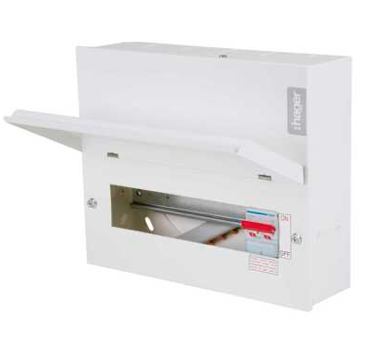
Advantages of Using Hager RCBOs
Opting for Hager RCBOs offers numerous benefits:
- Space Efficiency: Combining MCB and RCD functions into one device saves space within the consumer unit.
- Enhanced Safety: Dual protection against both overcurrent and earth faults minimizes the risk of electric shocks, fires, and appliance damage.
- Reliability: Hager is known for durable, high-quality products. Their RCBOs are built to withstand daily wear and tear in both residential and commercial settings.
- Convenient Testing and Resetting: Hager RCBOs can be reset after tripping, making them cost-effective and easy to maintain over time.
By investing in Hager RCBOs, you’re choosing peace of mind, knowing that your electrical system is protected by one of the most trusted names in the industry.
Conclusion
Hager RCBOs provide a reliable and space-saving solution to protect your property’s electrical circuits. With their dual functionality, robust construction, and versatility, Hager RCBOs are ideal for a range of applications. Whether you’re protecting a single circuit or a complex three-phase system, these devices are an essential addition to any consumer unit. As safety regulations evolve, using compliant, high-quality RCBOs is more important than ever. Hager’s range of RCBOs ensures that your property is protected against both overloads and earth faults, keeping your home or business secure.
See the full range of Hager RCBOs here!
Frequently Asked Questions (FAQ)
An RCBO provides dual protection by preventing both overcurrent and earth faults.
MCBs only prevent overcurrent, while RCBOs also detect earth faults, offering more comprehensive protection.
Hager RCBOs are reliable, compact, and specifically designed to work seamlessly within Hager Consumer Units.
Double-pole RCBOs protect both live and neutral wires, making them ideal for high-load circuits.
BS 7671 is the UK standard for electrical wiring regulations, ensuring safety and compliance for devices like RCBOs.





